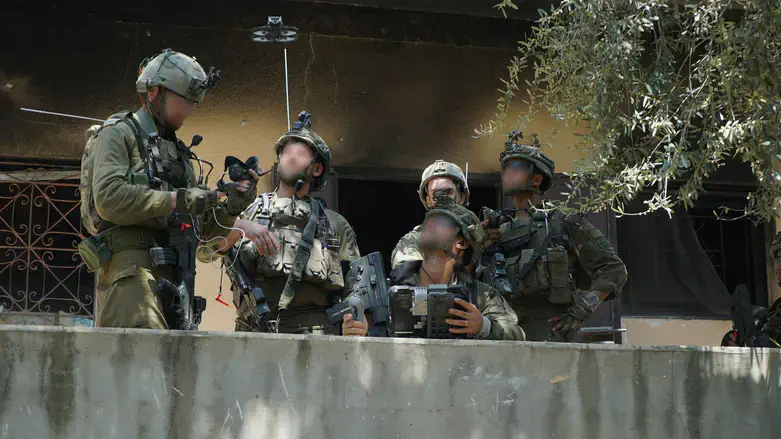
Elana Jackson is the mother of a Torah MiTzion Shaliach in Montreal, friend of Torah MiTzion and currently Head Nurse of “Shekel” Jerusalem (Inclusion for people with Disabilities)
In chapter ten of Sefer Bamidbar the Jewish people are given a new Mitzva – blowing trumpets in times of trouble and in times of joy. The first example given is that when fighting a war, trumpets should be blown so that Hashem will remember His people and save them.
The Ralbag explains that when the Cohanim blow trumpets in the Beit Hamikdash it will cause the people to do Teshuva, which will in turn lead to them being saved. Ha’Emek Davar adds that in time of war prayers are especially heeded by Hashem. The Malbim says, inversely, that if trouble comes and the trumpets are not blown, this is a sign that the people do not deserve to be saved so Hashem will not bother helping them. The Bechor Shor connects the blowing of the trumpets on both sad and happy occasions. He explains that blowing the trumpets in times of war will remind Hashem of the trumpets and sacrifices given on happy occasions, and that will serve as a merit for the Jewish people. The Ibn Ezra also connects the two verses, as a reminder to the Jewish people – after Hashem saves them they must celebrate by thanking Hashem for the victory.
All these commentaries are emphasizing that the war described in these verses is one where, while the army must fight the enemy, it is ultimately Hashem who provides the victory if the Jewish people deserve it by prayer and good deeds.
A different approach to warfare is discussed just a few verses later. At the end of chapter ten is the special section of Moshe’s prayer while the Aron Habrit (Holy Ark) travels. In it Moshe says that Hashem travels with the Aron and that alone will scare the enemies away. The Sforno indicates that this type of warfare, where the Aron acts alone, is what would have taken place upon entering Eretz Yisrael if not for the sin of the spies. In contrast, Ha’Emek Davar teaches that this is what took place during the journeys in the wilderness – by following the Aron it was guaranteed that no one would attack the Jewish people.
Many commentators teach that this ability of the Aron, to lead the people through the desert and into Eretz Yisrael with no need to fight, is what the people doubted during the sin of the spies. In punishment, most of the battles during the capture of the land needed the participation of the army.
Already in the beginning of the book of Bamidbar, the number of eligible males who will make up the army are counted. What is the need for this army if the wars were supposed to be miraculous? The Kli Yakar implies that the merit of the righteous soldiers is what would have led to Hashem’s saving all of the people. The Malbim and Shadal emphasize that while the fighting will be miraculous, the people need to organize like a regular army, even if just for appearance’s sake.
The message from these three references to warfare is clear: when the Jewish people are deserving, then Hashem will do all the work. But the only way to prove to Hashem that we are deserving is to prepare for war both physically, with an army set up and trained to fight, and spiritually, through prayers and good deeds.
May the merit of all Jews all over the world, who are fighting for Israel through both bravery and acts of good deeds, convince Hashem to demonstrate His hand in history and to help us to defeat our enemies.
For comments: treefn@aol.com